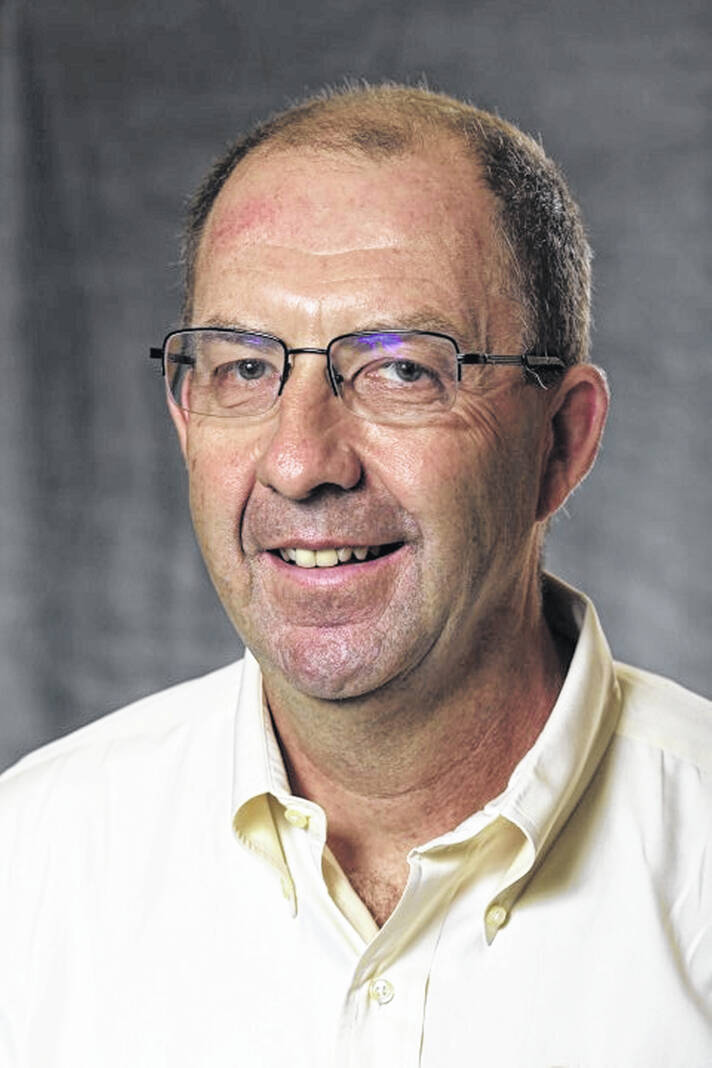
No, I’m not, at least not totally. Hear me out! This just might work in some situations.
Growing a beautiful lawn requires a great deal of work. Water at the right time, sunlight and of course fertilizer and weed control. Plus, some luck.
What if there was a way that took some of this out of play and was more environmentally friendly?
Turfgrass lawns require several nitrogen applications per year plus water either from mother nature or irrigation.
Clover lawns are more drought tolerant than turfgrass. Clover lawns are pollinator friendly (nectar source for bees, turfgrasses are not).
Several species of clover exist, white (dutch and micro), purple, red, crimson and strawberry if a different color is a consideration.
Clover lawns require no nitrogen fertilizer and provide nutrients to the soil. Clover is easy to grow and survives in both sun and shade.
You don’t have to do this all at once. You can add seeds gradually with your yearly core aeration. You can also plant in the spring or early summer as well as September or early October. Clover seed is very small, mix it with fertilizer or lime. And no one said you had to have 100% clover, just put it in a few areas of your lawn to start. We have ours in some of our poorer soil that has never grown good turf. Our white clover is thriving! We started ours in an area that already had a bit of white clover in it and just added more.
And clover lawns require less mowing than turf grass … think of the gas and time savings! You can mow it low or let it grow a bit which will help the plant thrive and give you a better chance of finding a four-leaf clover.
With or without a turfgrass/clover mix, the combination offers better wear and drought tolerance, stand diversity, and will have less weeds.
Downside? Of course! Clover is more likely to contribute to grass stains on the kids’ clothing. Sorry, never said it was perfect. Have I lost my mind; you be the judge!
And if you need something else to do this fall with all this nice weather, weed scouting to give you a better chance at a great lawn next year is on the docket. Go around your lawn with a piece of paper and mark down where your weed spots are and what weeds are there. Normally I spot spray with a backpack sprayer on my problem weeds. I don’t spray the whole lawn, just the problem areas. I’ve been really pleased with this approach. Next spring, with my normal fertilizer application, I’m going to try the weed and feed product. The hope is to give me good early season weed control then I can spot spray as needed for weeds that I didn’t get controlled.
On the farm front, what a great harvest season it’s been! We are very far along on both corn and bean harvest locally and that’s a good thing. Might get finished with everything by Thanksgiving.
What will our acres do next spring is the big question. As you gear up for 2023 planting needs, most experts are predicting that corn acreage will once again reign supreme in the U.S. next year. They are predicting a 5% increase or 4.5mm more acres. Weather will have the final say for sure.
As you think about and plan for 2023, profit potential as it relates to your farm’s nutrient plan is a key element (no pun intended). While fertilizer supply is expected to be better for 2023, I don’t look for prices to fall much.
What can you do to position yourself to retain profits in 2023?
Know expected costs of your key inputs. Have the conversation with your retailer.
Analyze your best options. Starts with soil sampling. What do you have to work with?
Is manure or an alternative to fertilizer an option?
Consider cover crops to help prevent nutrient loss through erosion. Help hold soil in place plus provide supplemental nitrogen.
If you are considering a change in your weed control and/or fungicide program, talk this over with your retailer. They probably have made plans similar to what you did in 2022 with their suppliers.
Trivia Question. How many gallons of water are there on an acre if it all had an inch of rain on it? No use of the internet allowed!
Have a great rest of the fall as you finish up.
Till next time, let me know if questions or comments at [email protected].


